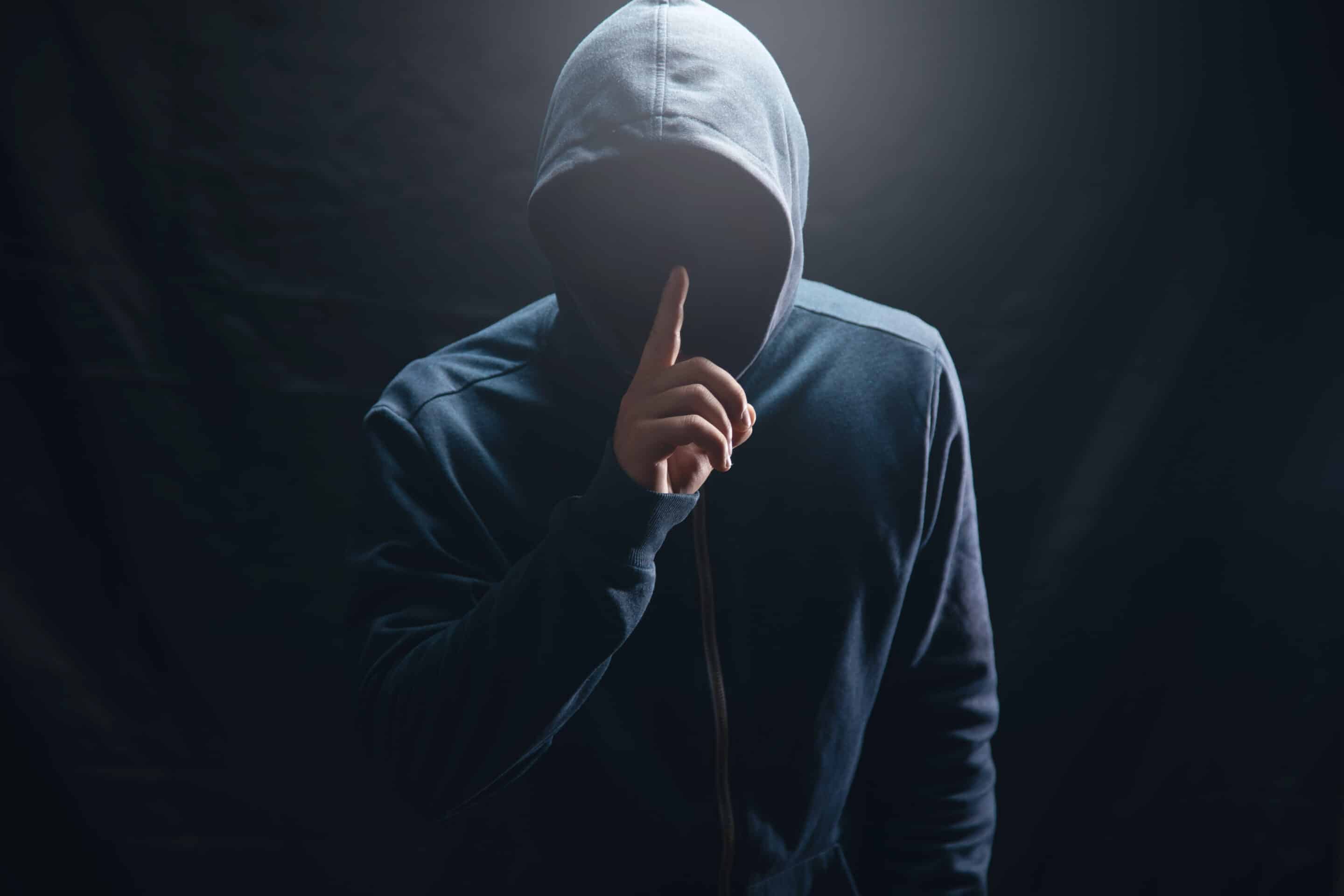You’ve always been told that you have the Right to Remain Silent when police ask you questions, but what if I told you that you’ve been lied to? That’s right, you DON’T actually have a Right to Remain Silent.
You probably don’t also know that police have a few trick questions to get you to incriminate yourself by asking just a few innocent questions that seem to have innocent answers.
Let’s discuss how to avoid the Silence Trap and how you can outsmart their trick questions.
Table of Contents
Why you actually can’t remain silent
One of the basic Constitutional Rights of every red-blooded American is the RIGHT to remain silent. You learned that in school, you learned that in every law-related TV show, and you’ve probably heard it a dozen other places.
-See U.S. Const. amend. V
However, there’s a dark secret regarding this Right that you don’t know.
In order to enjoy all of the privileges afforded to you by the Constitution, you can’t just remain silent. That’s right. You actually have to break your silence to tell police that you are remaining silent.
Here’s how the Courts have treated people who chose to remain silent.
In one case, a Defendant was subjected to three hours of police questioning, and didn’t make a statement until near the end of the questioning. He argued that by remaining silent for 2 hours and 45 minutes, the police should have stopped questioning him earlier.
The U.S. Supreme Court said, “Had [Defendant] said that he wanted to remain silent or that he did not want to talk, he would have invoked his right to end the questioning. He did neither.”
The Court said the Defendant’s later statements didn’t violate his rights against self-incrimination because he didn’t SAY that he wanted to remain silent.
-See Berghuis v. Thompkins, 560 U.S. 370 (2010)
In another case, the Defendant answered several questions about varying topics that the police asked. But when he was asked whether shotgun shells used in the crime would match his firearm, he simply remained silent and the police used his silence against him in trial. He argued that the police’s use of his silence to that question violated his right to remain silent.
The U.S. Supreme Court said, “A defendant normally does not invoke the privilege by remaining silent.”
The Court reasoned that his silence may not have been to invoke his right against self-incrimination, but “because he was trying to think of a good lie, because he was embarrassed, or because he was protecting someone else.”
The Court allowed the Defendant’s silence to that one question to be used against him at trial because he didn’t SAY that he wanted to remain silent.
-See Salinas v. Texas, 570 U.S. 178 (2013)
So now that you know you need to actually SAY that you will remain silent, do you know what innocent questions the police might ask you to get you to incriminate yourself?
What are the “innocent” questions
We all know how it goes because COPS and YouTube videos: “Do you know why I pulled you over?” “Where are you coming from?” “Where are you going?” “How many drinks have you had tonight?” “Do you know how fast you were going?”
On TV, how many times have you heard the person answer those questions? NEARLY EVERY TIME! Aren’t you amazed at how many people are willing to talk their way INTO getting arrested!?
One important note here, though, is that you MUST show your driver’s license if you’re pulled over and asked for it. You also MUST provide your vehicle documentation upon request, like registration and proof of insurance.
However, all the other questions are trick-questions meant to incriminate you and give the police probable cause to continue their investigation.
What’s wrong with those questions?
When they ask if you know why they pulled you over, and you say, “Because I didn’t stop at that stop sign,” then you’ve just confessed to a crime.
When they ask you how many drinks you’ve had tonight, and you reply with any number above zero, then they probably suspect that you’ve had three drinks for every one that you admit to.
Imagine this though. You’re asked where you’re coming from, and you say that you’re coming from a certain restaurant. What you don’t know is that minutes after you left the restaurant, someone was robbed in the parking lot there.
Now, simply by admitting you were at the crime scene, you’ve given the police additional evidence to detain you as part of their investigation.
On top of all of that, the police want you to answer more questions so they can see if they detect “slurred speech” to give them evidence to investigate intoxication offenses.
What should you tell Police?
After you’ve provided the police officer with your license, registration, and proof of insurance, you should be ready for those “innocent” questions to begin.
As soon as you hear those “innocent” questions, you should:
- INFORM the police officer that you are remaining silent. There’s no magic phrase you have to use, but you need to be clear that you’re remaining silent and don’t want to answer any questions.
- REMAIN silent. Don’t just tell the police that you’re staying silent and then start feeding them information.
- CALL your attorney. Your attorney can help protect your rights and serve as a shield from the police interrogation machine.
But, if you happen to get arrested, don’t forget that you’re SUPPOSED to plead Not Guilty at your arraignment, and we explain why in this video.
–Authored by Matthew L. Harris, Esq.,
Matthew Harris Law, PLLC – Criminal Law
1101 Broadway, Lubbock, Texas, 79401-3303
Tel: (806) 702-4852 | Fax: (800) 985-9479

